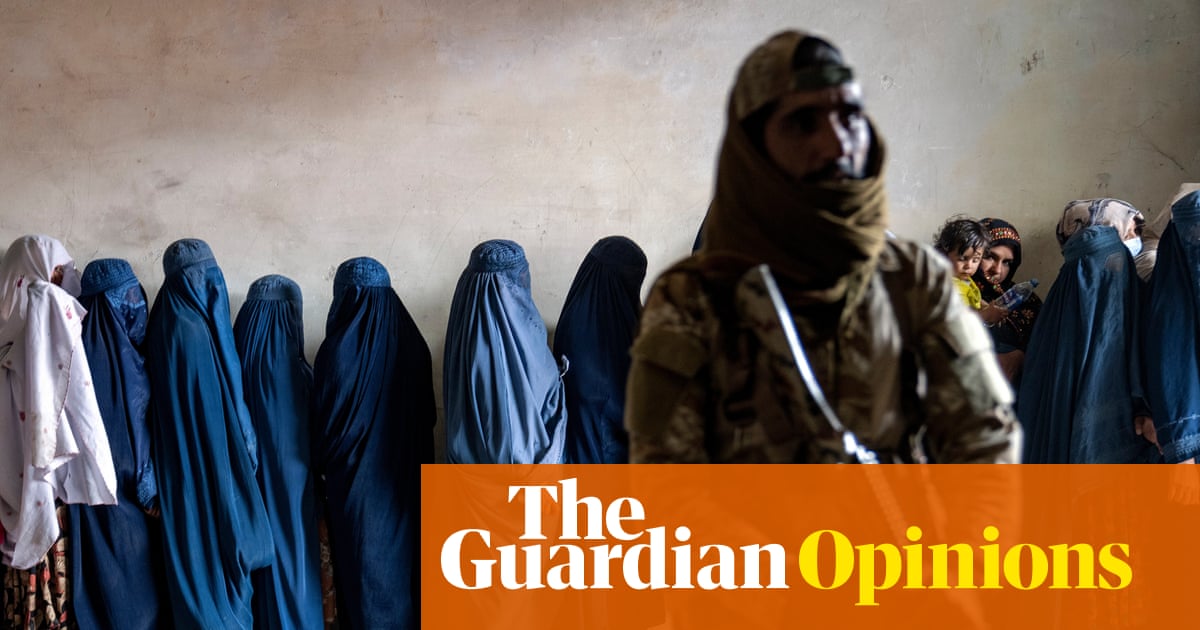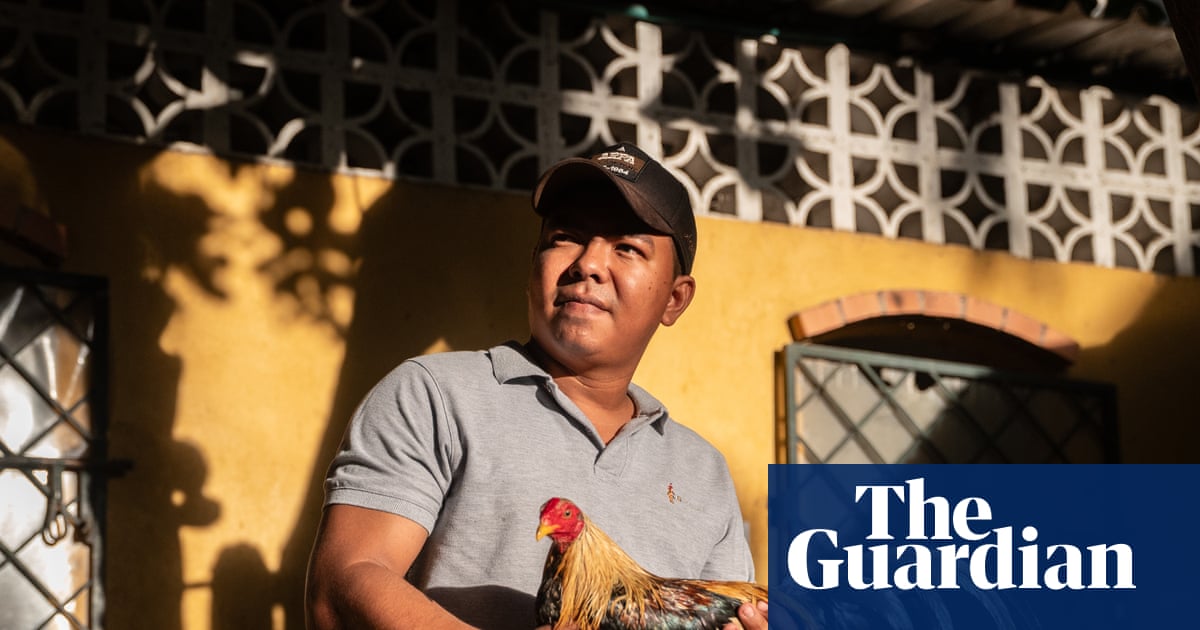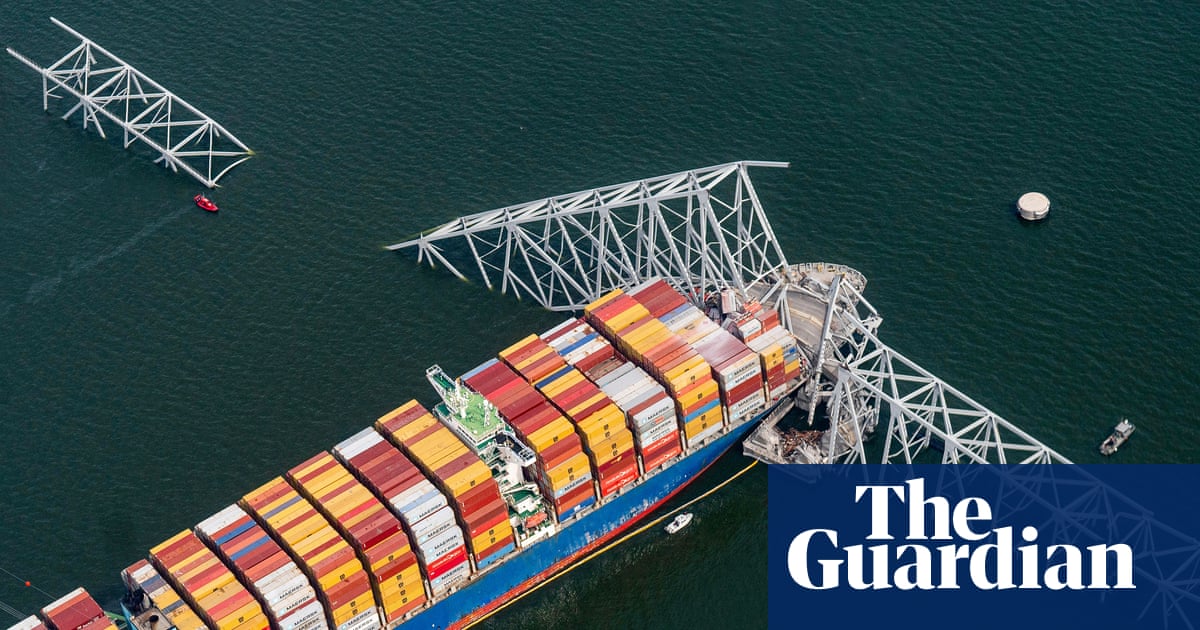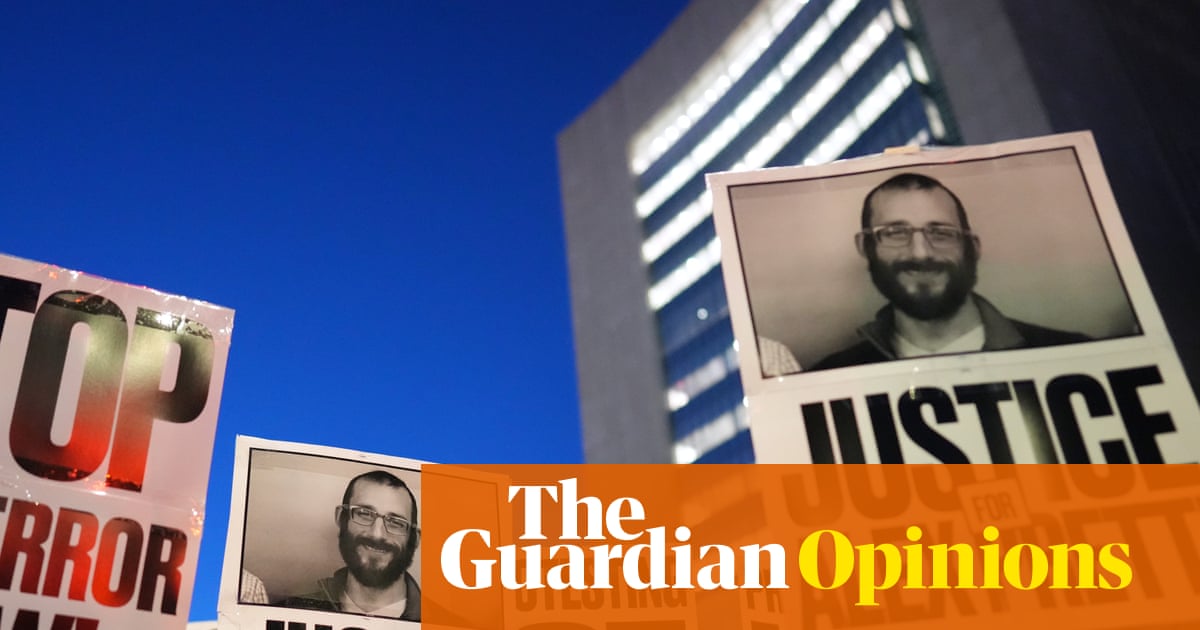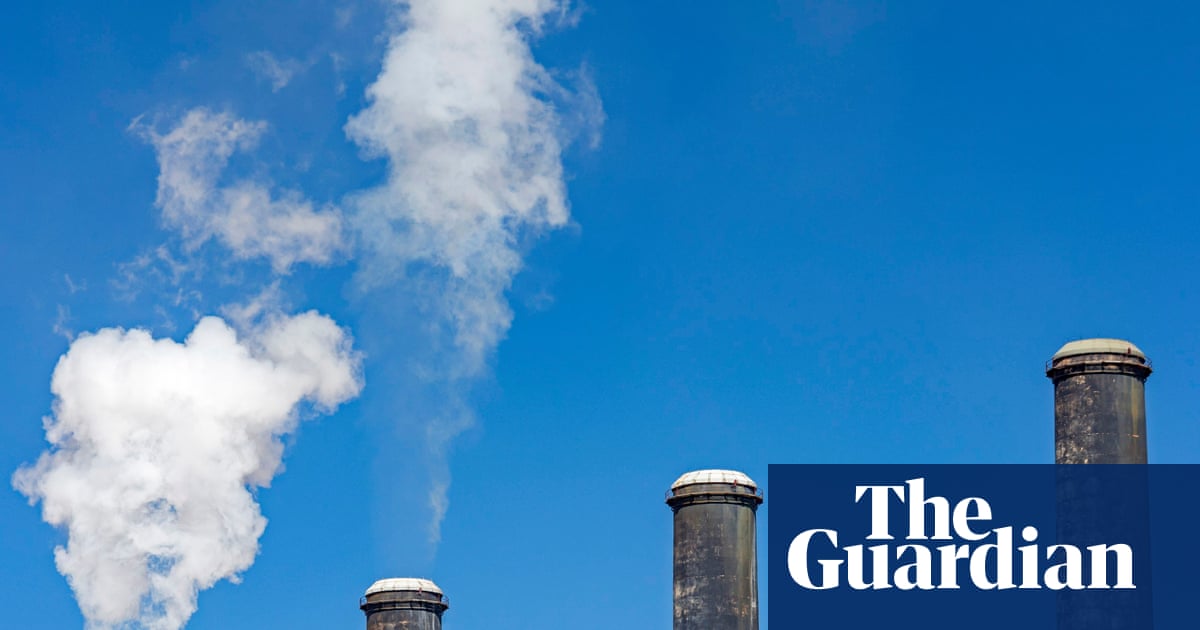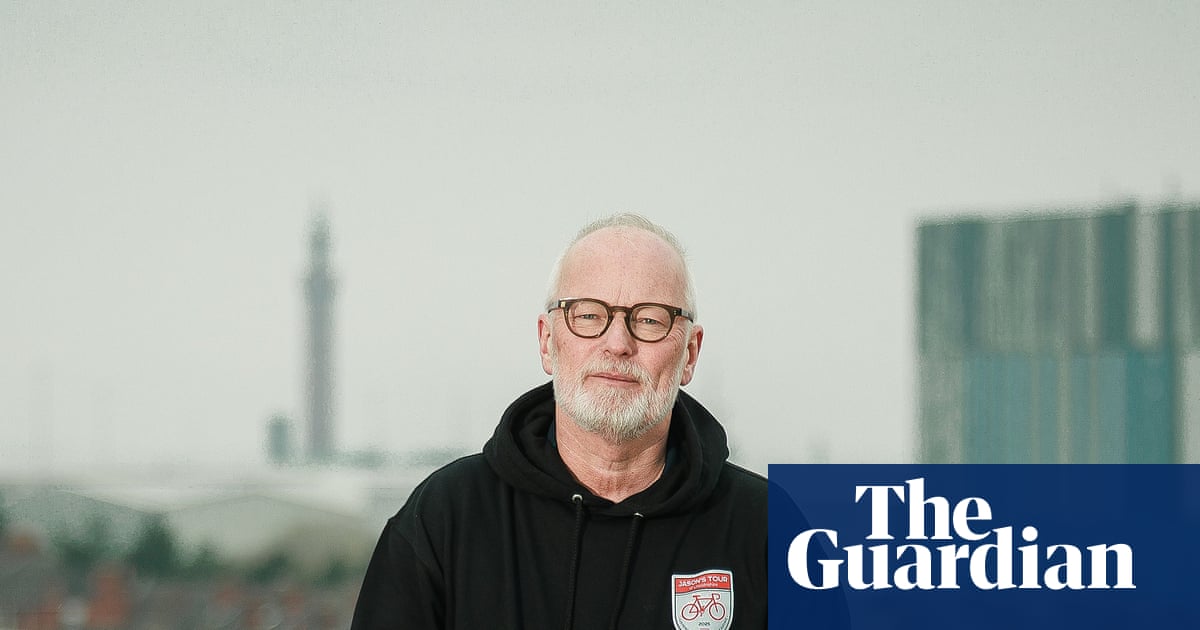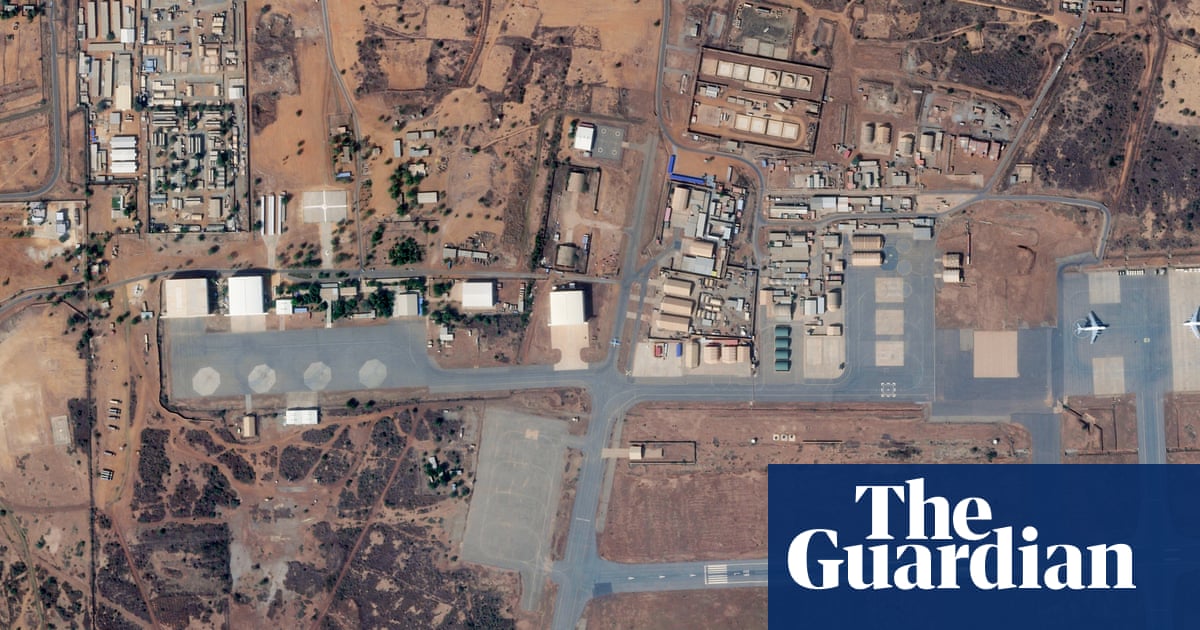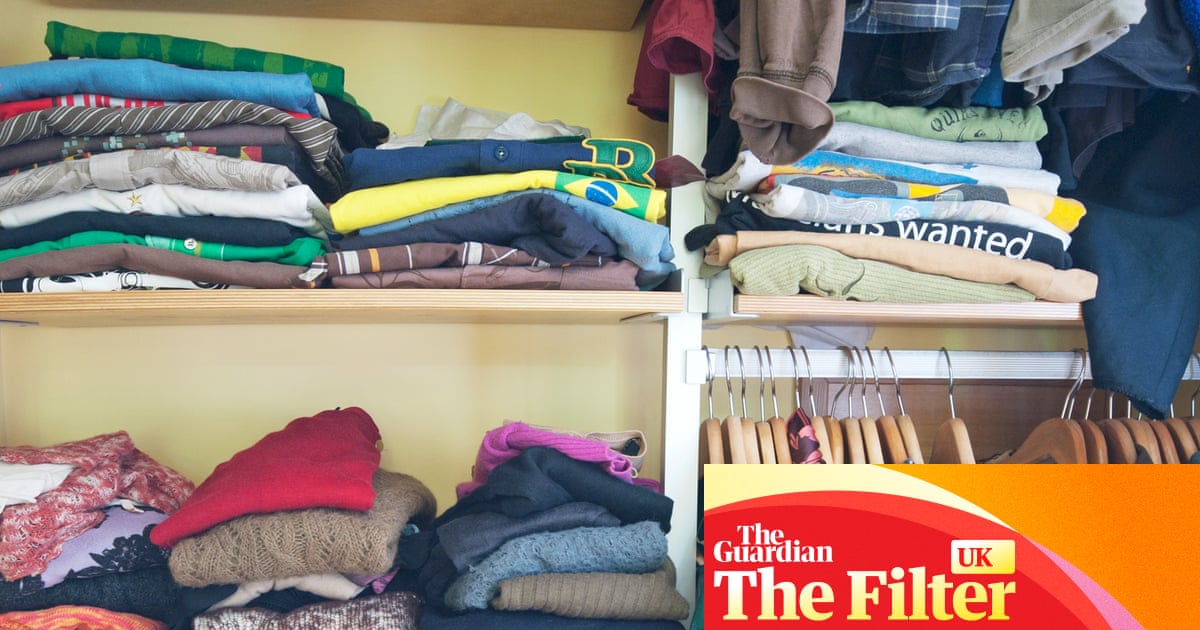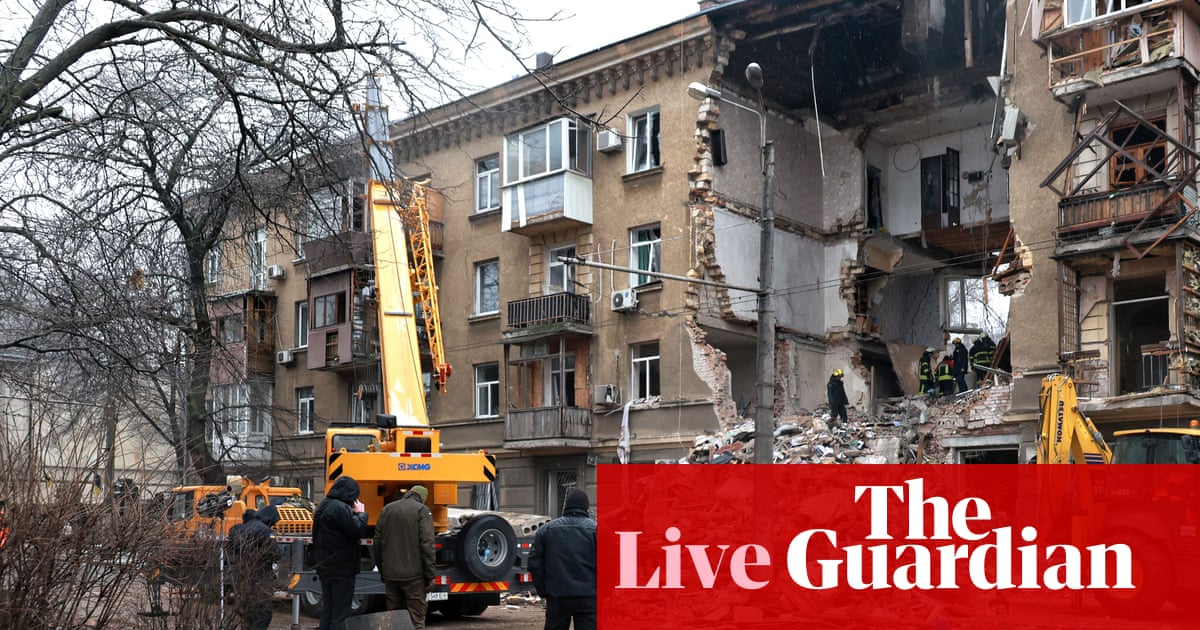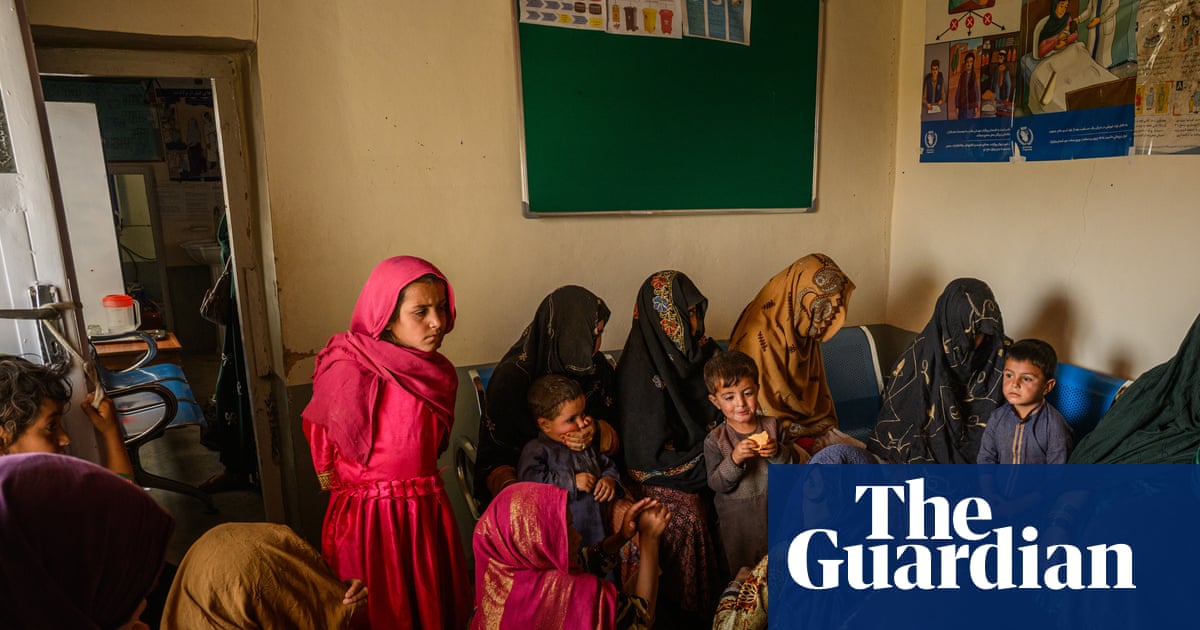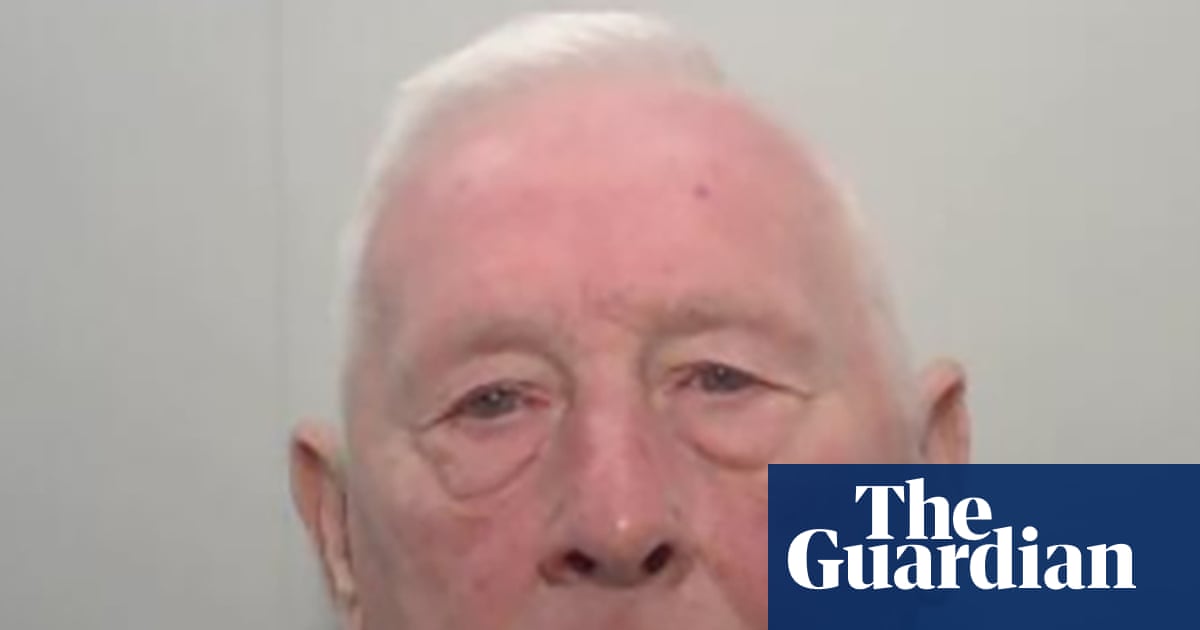Sitting outside her house in muddy slippers amid the ruins left by category 5 Hurricane Melissa that ravaged parts of Jamaica last week, Narva Maxwell Taylor recounted how she and her family had to fight for their lives when the storm sent flood waters surging through their home.
“We have to give God thanks we are alive. We could be dead. But everything is gone. I don’t have anything left now,” Taylor, a resident of Catherine Hall, Montego Bay, said.
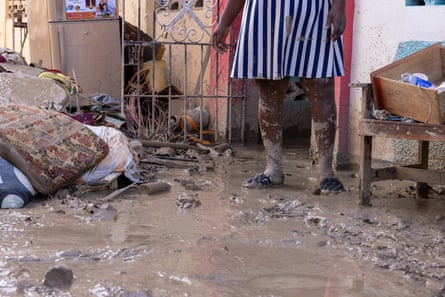
Like almost every home in her neighbourhood, Taylor’s house is in shambles, with thick silt paving the floors, and bedrooms, bathrooms and living rooms transformed into dank and muddy jumbles of ruined precious belonging and debris. On the pavement outside beds, mattresses, sofas, clothes, appliances and more debris are piled in soggy heaps, and a pungent, musty odour pervades the entire community.
Taylor said she is in desperate need of a suitable shelter and a steady supply of clean water and food. She is yet to receive one of the care packages with food and other basic essentials that the Jamaica government has started distributing to the worst affected communities, she said, and is frustrated with the delay.
Her concerns about the slow movement of relief were echoed by people in a queue at an emergency food assistance centre set up by American non-profit humanitarian organisation, Operation Blessing, in collaboration with World Central Kitchen and local churches.
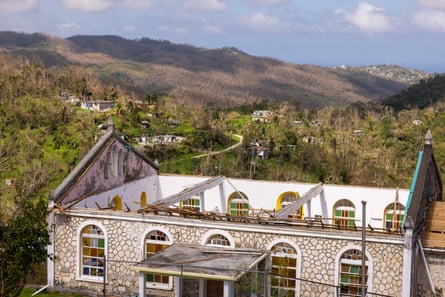

Mary Wildish, the pastor of the local Trumpet Call Ministries International who is working with Operation Blessing, said there were no quick fixes for the unprecedented impact of Hurricane Melissa. “We have people that are here who’ve lost everything. When I say everything, not even a pair of underwear,” she said.

Waiting in line for food, Erica Jenkinson, who had travelled from the neighbouring Mount Carey, said her house was demolished. She was concerned that help has not yet reached her community. “We don’t see anybody come around as yet … nobody at all. We need water to drink and to wash clothes. Mostly we want food to eat. We don’t have any food like that. All the banana trees, the coconut trees are blown down. We need help,” she said.

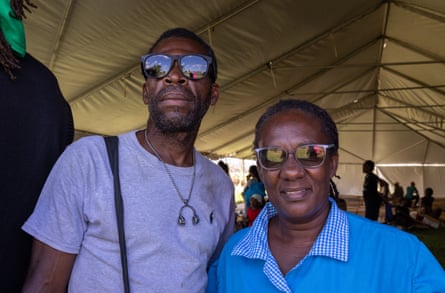
Outlining the magnitude of the challenge facing Jamaica, prime minister Andrew Holness said this week that Melissa had caused damage equivalent to a one-third of the nation’s GDP.
Holness said response efforts to communities cut off by damages to roads and bridges were hobbled by a lack of helicopters, social workers, doctors and engineers, and noted these shortages underlined the need for contingency planning ahead for future storms.

Crazy Neil, a Montego Bay DJ and content creator, said that while there were places that are still waiting for desperately needed rescue and relief, he was “giving the authorities the benefit of the doubt that they are a little bit overwhelmed”.
Neil, who during the storm was trapped by fallen trees and flooding, added: “I think once people have not been touched personally by [aid workers] or seen them or gotten anything from them, they feel like help is definitely not coming. But maybe they just haven’t reached to them as yet.”
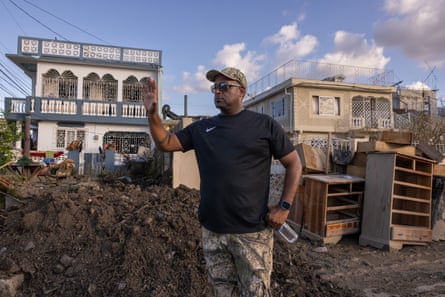
Just around the corner from Taylor, Montego Bay’s deputy mayor, Dwight Crawford, was on the ground working with tractors to clear debris and begin clean up. Crawford, who described living through Melissa as a terrifying experience, said he lost parts of my roof. “I have no water, no light, just like everyone else. But [this is] a selfless job. You have to extend yourself. So I’ve left my wife and kids at home without water and electricity to come out here and help the persons that are in need.”
Crawford said while he understands the pain that many people are feeling, the authorities are working hard with businesses and other partners to restore critical services and bring relief.
“All of us have been on the ground trying to see to it that we restore a level of order … we’re trying to maintain hope for the people and lead with purpose so that they feel that we’re in it with them and they haven’t been left alone.”
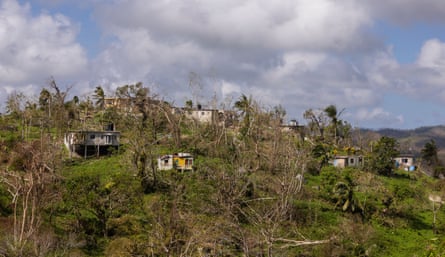
Climate scientists have linked Hurricane Melissa’s ferocious intensity to the climate crisis, warning that the warming ocean – driven by greenhouse gas emissions – is likely to make destructive hurricanes more common.
Holness, whose government set out credit and insurance provisions for a storm similar to last year’s Hurricane Beryl, said he was seeking financial support from regional allies, development agencies and the private sector.
This week, regional and international bodies have been responding to calls for assistance. The Caribbean Disaster Emergency Management Agency is in Jamaica with its partners, assessing the hurricane’s impact and Jamaica’s specific needs.

A French warship delivered 40 tonnes of aid to the country on Monday, and the US announced on Tuesday that it was providing $24m in emergency assistance for Caribbean nations hit by the hurricane, including Jamaica, Haiti, the Bahamas and Cuba.
Across the UK, individuals and groups have been collecting food and basic necessities to support Jamaica. And on Wednesday the British government said it had deployed the Royal Navy with personnel “to help restore vital infrastructure for communities affected by the storm”. This follows the country’s pledge of £7.5m in emergency funding to support the Caribbean’s immediate humanitarian needs. The UK’s support package includes more than 3,000 shelter kits and 1,500 solar-powered lanterns.

Irish telecoms magnate Denis O’Brien, founder of the Repair Campaign, an independent movement for reparatory justice that is supporting calls for slavery reparations for Caribbean nations, said the British aid is insufficient.
O’Brien praised the British high commissioner to Jamaica, Alicia Herbert, for quickly mobilising support on the ground in the wake of the hurricane. But he said the UK’s pledge of a “paltry £7.5 million … is simply not good enough”, considering the likely cost of rebuilding will be around £5bn.

“There is a direct link between the UK’s shameful past in Jamaica – and across the Caribbean region – and the devastation we have witnessed in recent weeks,” O’Brien said in a statement.
“The UK extracted billions of pounds’ worth of wealth from Jamaica over hundreds of years, exploiting enslaved people to, in turn, exploit the country’s natural resources. Colonialism wreaked havoc on Jamaica’s natural environment, massively increasing its vulnerability to extreme weather events,” he added.

 2 months ago
48
2 months ago
48

